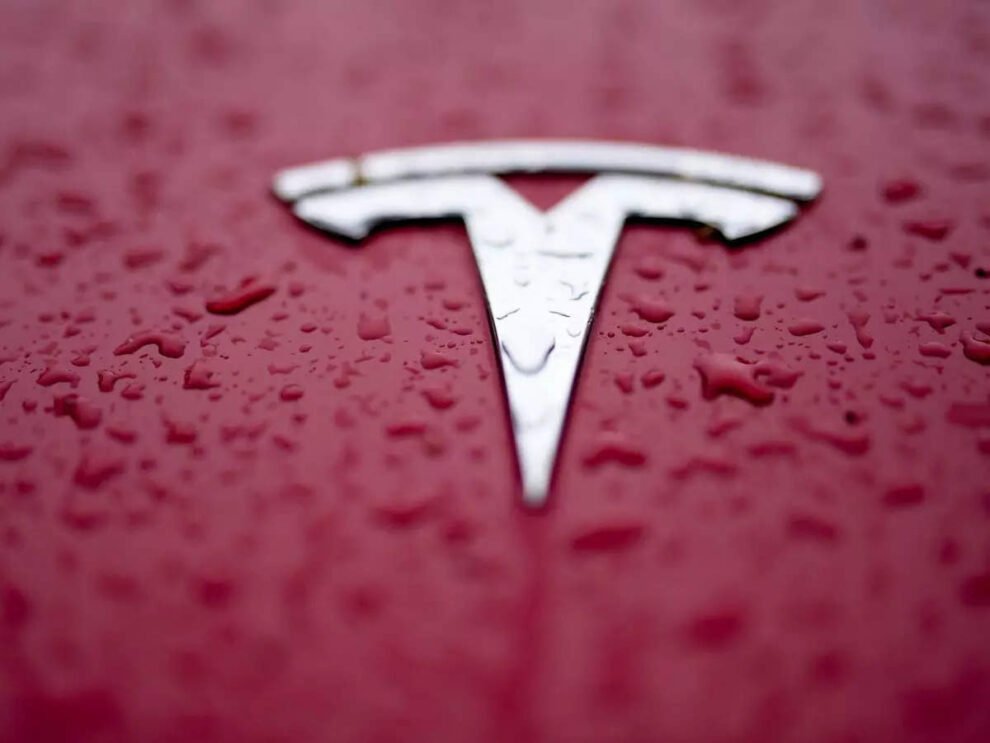In recent discussions, Elon Musk has emphasized that Tesla, traditionally known for its electric vehicles (EVs), transcends the automotive industry. This declaration comes at a critical time as Tesla navigates a complex market environment, characterized by price cuts and expansion into new technological territories.
Tesla’s Market Position and Pricing Strategy
Elon Musk’s approach to Tesla’s business model and market strategy is multifaceted, particularly in light of recent sales dynamics. Amidst growing competition in the electric vehicle market, Tesla has engaged in aggressive pricing strategies, attempting to undercut competitors. This strategy, however, raises concerns about demand sustainability and market share retention. Industry experts suggest that consistent price cuts could indicate underlying demand challenges, potentially affecting long-term brand loyalty and profitability.
Beyond Cars: Tesla as a Technology and Energy Company
Musk’s vision for Tesla extends far beyond the scope of traditional car manufacturing. He envisions a future where all modes of transportation, excluding rockets, are electric, including potential ventures into electric aircraft and ships. This is part of a broader ambition to accelerate the transition to a sustainable energy economy.
Moreover, Tesla’s innovation is deeply integrated with its software capabilities, with Musk describing the company as an “internet of cars” company. This refers to Tesla’s mastery over its software architecture and its ability to innovate with in-house technology, such as custom-made chips in collaboration with companies like Samsung.
Challenges and Innovations
Despite its innovative strides, Tesla faces significant challenges. The production complexities of models like the Cybertruck and the transition to more efficient manufacturing processes for its Gen 3 vehicles highlight the ongoing “production hell” that Tesla continues to navigate. These challenges underscore the intricate balance Tesla must maintain between innovation, production efficiency, and market expectations.
Elon Musk’s insistence that Tesla is not merely a car company but a broader technology and energy innovator reflects a strategic repositioning in response to both market challenges and technological opportunities. As Tesla continues to evolve, its ability to manage market expectations while pushing the boundaries of technology will be crucial for its sustained growth and market leadership.
Understanding Tesla’s journey provides a glimpse into the future of transportation and energy, a future that Musk is keen to shape but not without significant hurdles and high stakes involved.










Add Comment